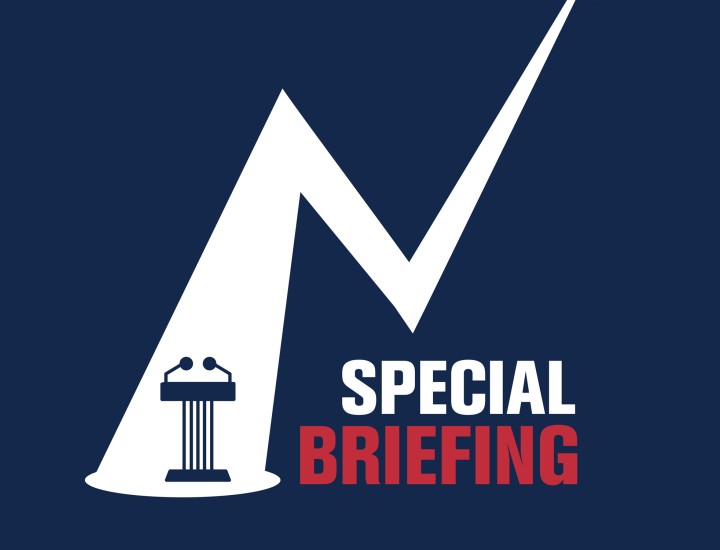After Record Pandemic-Era Tax Cuts, States Face More Challenging Fiscal Path
New Volcker Alliance Report Details How States May Confront Revenue Shortfalls after One-Time Influx of Funds
New York, NY – Driven by higher-than-expected tax revenue, abundant federal pandemic aid, and record financial reserves, 39 states enacted 92 substantial tax relief measures in fiscal years 2021–22, with additional cuts being made in fiscal year 2023. The impact of these tax cuts is likely to stretch well into the current decade, putting states at risk of budgetary shortfalls and reductions in critical public services if revenues should shrink in future years. In a new Volcker Alliance issue paper, State Tax Cuts After the Pandemic: Strategies to Sustain Fiscal Health, Georgia State University Andrew Young School of Policy Studies Associate Professor Can Chen and Senior Research Associate Alex Hathaway analyze the tax reductions — as well as the few increases — states have enacted, and make recommendations to help policymakers avoid fiscal challenges stemming from recent tax changes.
“This examination of states’ post-pandemic fiscal trajectories reveals a concerning trend: Revenue growth has decelerated in many states, and the implementation of permanent tax cuts could leave some with depleted cash reserves,” said Volcker Alliance Senior Director for Public Finance William Glasgall. “These findings underscore the critical need for states to approach tax policy and fiscal management with caution and foresight, ensuring that short-term benefits do not compromise long-term fiscal stability and resilience.”
The cuts will reduce state revenues by an estimated $124 billion through 2028, according to the National Association of State Budget Officers. These cuts include corporate income, sales, property, motor fuels, and income tax reductions offset by pandemic-era aid. In addition to such reductions, states lowered a range of smaller taxes in several categories, including meals, hotel rooms, and inheritances, while others eliminated taxes on dividends and income. All told, the amount in cuts is equivalent to the total states spend annually on highways, the paper finds.
“The substantial tax relief measures enacted by the vast majority of states, while politically popular, have ushered in sustainability concerns,” said Chen. “Our paper urges caution and a shift towards temporary tax policy changes, with an emphasis on reevaluation and the inclusion of revenue triggers, to avoid the fiscal pitfalls of using one-time funds for permanent cuts.”
Since the end of fiscal year 2022, revenue growth has slowed for most states. While some states like New York have tried to maintain revenue collections, many others like Wisconsin, Iowa and Arizona have continued to enact tax cuts or offer one-time relief. Chen and Hathaway point out that if another fiscal shock happens, states that made permanent tax cuts may face depleted rainy day funds and less generous federal aid.
The authors recommended the following changes:
- Implementing tax policy changes that are temporary and require reevaluation;
- Incorporating well-designed revenue trigger mechanisms to ensure tax reductions are fiscally sustainable;
- Prioritizing refundable tax credits to provide targeted and more fiscally affordable relief measures for those most impacted by the pandemic; and
- Considering medium- and long-term fiscal scenarios to help gauge the risks of policy changes.
“The pandemic-era tax-cut wave is at risk of becoming unsustainable for some states,” said Hathaway. “There are steps that states can take now and in the future to mitigate this risk, including prioritizing temporary measures and refundable tax credits and considering the long-term fiscal impacts of tax relief. Ultimately, states must ensure that tax relief is broad-based and fiscally prudent.”
Chen and Hathaway discussed their paper on the latest Volcker Alliance Special Briefing, which is archived on the Volcker Alliance website and PennIUR website and available on major podcast platforms.
###
Media Inquiries, please contact: James Martin | [email protected] | 201-663-5746


